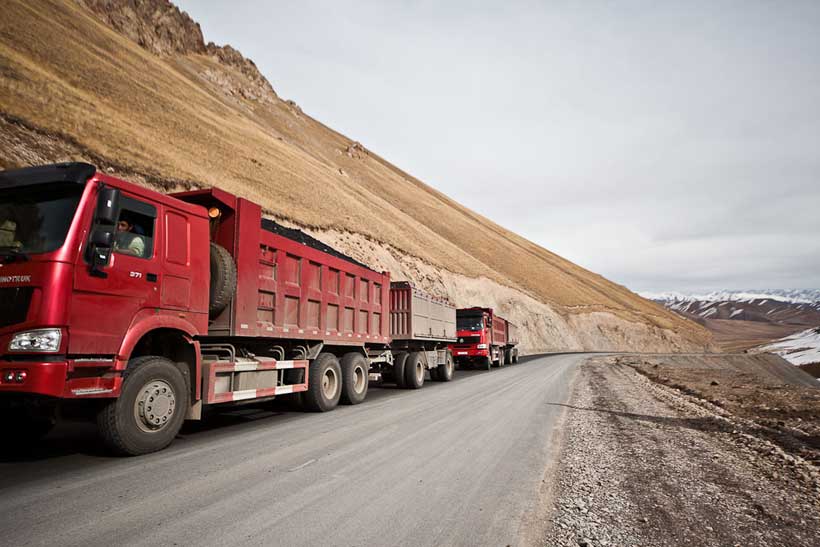
Greater Eurasia: New Great Game formulate abundant possibilities for Central Asia
by Debadatta MishraThe title “New Great Game” became the most conversed topic in the contemporary realm of global politics. The heart of the Eurasian continent, the Central Asian region, already witnessed a colonial battle between Russian and Britain. The position of Geopolitical status more fueled up the conflict. The Great Game furnished an unpleasant impact on the entire Central Asian region; it grasps by the Russian empire. Russia’s century-long predominance over the Central Asia region concluded with the collapse of the Soviet Union in 1991. However, it nevertheless has a massive impact over the countries of Central Asian states Kazakhstan, Uzbekistan, Kyrgyzstan, Tajikistan and Turkmenistan. Following centuries, they were preceding reappeared different New Grete Game, where the foremost global power countries have engaged. The internal scenario of central Asian states is struggling over hegemonic power. Subsequently, the central Asian nations are well equipped with natural resources like oil, gas like Kazakhstan’s largest uranium producer, that attracts all major countries to penetrate in Central Asia.
The New Great Game impacted both as constraint and opportunity in Central Asia. The central Asian states are adopted the multi-vector approach to the foreign policy due to landlocked country. So, the developed countries are offered various development schemes in the region. Currently, three major powers are Russia, US and China compete with each other to become a prominent player in Central Asia. Every nation is looking for their interest through the region. Nowadays, Washington mostly engaged in the New Great Game, after the US entered in Afghanistan, and it required Central Asian states cooperation to expand the authority of NATO in Eurasian land. Although, following the attack on 9/11, the US mostly keep eyes on terrorism activities and central Asian states are becoming significant for security purpose. Moscow always indeed to the presence in Central Asian internal politics and seems to maintain its status quo. Russia always considered the Central Asian states as his campaign, with the significant military, economic and political influence. Moscow consistently rated Central Asian nations as “soft underbelly”. Russian culture, music, food highly incorporated with Central Asian states, but Moscow seems fallen the economic competition with Beijing. China is somewhat successful in pushing Russian influence in Central Asia.
China expands its control over in the pecuniary sector, Dragon becoming larger trade partner and investor in that region. China’s visionary project ‘Belt and Road initiative’ and China’s strategy to influence and grow its economic power over the Eurasian continent required Central Asian states linear involvement. China shared more than 3000 k.m of the direct border with CA, this is an opportunity for China to enhance its strength and became more dominant rather than other countries. Central Asia is a crucial component in the Geopolitical puzzle. The abundant of natural resource in CA is the primary purpose behind for more intense of New Great Game. The Caspian Sea contains a large amount of natural resource. The superpower countries followed up the pathway of the dependency model, and they create opportunity with precisely inside their acquisition. The new Great Game change the notion of Geopolitics on a broader level. China is steadily expanding its influence over the Eurasian mainland with hegemonic expansion over the south china sea. There is an appearance of another cold war (economic domain) between China and the US; both countries headed for intense competition for global supremacy. That’s why central Asia states played an essential function to determine immense superiority over the Eurasian landmass. All these countries participated in New Great Game implemented the soft power and made an effort to pull Central Asian nations through proffering opportunities. The central Asian States compensated relishes the possibility, although faced reluctance from significant players. The potential development of the Central Asian Region endures the growth of the Eurasian continent.